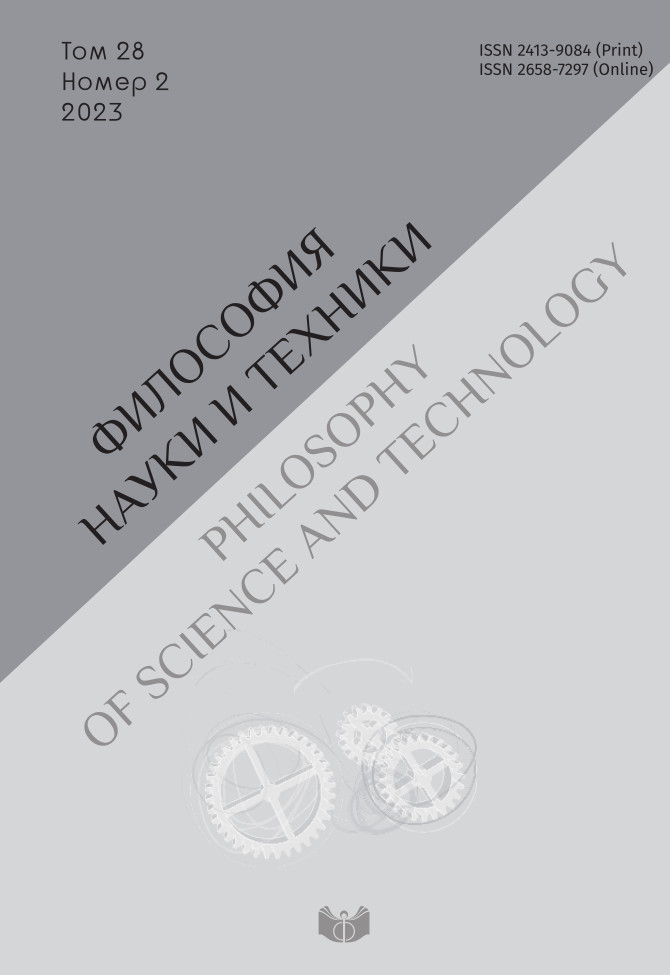Normativity and the hard problem of content
DOI:
https://doi.org/10.21146/2413-9084-2023-28-2-63-78Keywords:
The hard problem of content, intentionality, mental content, normativity, reasons, naturalism, the second natureAbstract
Explaining the nature of conscious states, we are faced with the hard problem of content Facing this problem, we cannot reconcile three theses: F. Brentano’s thesis that all mental states are intentional; the thesis of R. Wedgwood that the intentional is normative, and the thesis of J. McDowell that the normativity of conscious experience arises as the result of education, the acquiring the second nature. To overcome this difficulty, it is proposed to turn to L.S. Vygotsky’s ideas about the formation of higher mental functions. Assuming the existence of instrumental thinking in animals, we allow elements of normativity and freedom in their conscious activity. However, the freedom of action of animals is limited by the visual field. A child achieves independence from the perceptual field, mastering sign activity. Mastering this type of activity, which is obviously normative, is an example of the extension of cognition. The article states that the acquisition of the second nature depends precisely on the development of the ability to operate with signs. McDowell’s idea that the acquisition of the second nature is associated with the development of conceptual abilities reflects only the last stage of the child's development, when he masters work with abstract (scientific) concepts. The proposed reflections allow us to solve the problem of reconciliation of the above theses. However, the hard problem of content does not disappear, since the proposed view on the problem of content and normativity involves a revision of the foundations of naturalism and the assumption that the actions of living beings are determined primarily by the meanings that are already present in the world.











